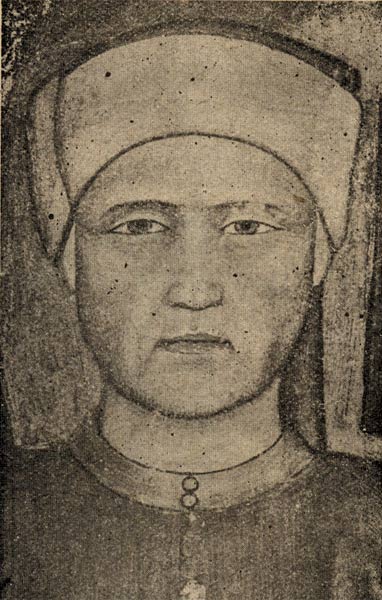Corbaccio on:
[Wikipedia]
[Google]
[Amazon]
 ''Il Corbaccio'', or "The Crow", is an Italian literary work by
''Il Corbaccio'', or "The Crow", is an Italian literary work by
Scholars who consider the text to be autobiographical base their interpretation on connecting aspects of the text to events in the author's life. The opposing view accepts the author's own reference to the work as a "trattato", or a philosophical treatment. As stated by scholar Anthony K. Cassell, "the formal elements of the treatise are part of a wide artistic tradition and contest autobiographical intention and interpretation". The work is regarded by some scholars as late medieval in character, others as early renaissance.
 ''Il Corbaccio'', or "The Crow", is an Italian literary work by
''Il Corbaccio'', or "The Crow", is an Italian literary work by Giovanni Boccaccio
Giovanni Boccaccio ( , ; ; 16 June 1313 – 21 December 1375) was an Italian people, Italian writer, poet, correspondent of Petrarch, and an important Renaissance humanism, Renaissance humanist. Born in the town of Certaldo, he became so ...
, traditionally dated .Boccaccio, Giovanni. ''The Corbaccio''. Trans. and ed. Anthony K. Cassell, University of Pennsylvania Press, 1975.
Plot
The work is narrated in the first person and opens with a justification (it is not a real prologue) in which the author declares that he wishes his narrative to be a consolation to those who read it, such as he found thanks to God and the intercession of Our Lady. The protagonist, desperate because of the unreturned love of a widow, calls on Death, falls asleep and dreams. In his dream appears a man who declares himself to be the deceased husband of the widow, who says he has come, sent by God and through the intercession of Our Lady, to free him from the ''labyrinth of love'' into which he has fallen. The protagonist tells the story of his love to the spirit, who warns him against women who, with their lust, endanger men. The spirit then begins to tell him of his own experiences with the woman, drawing attention to all of her shortcomings. After hearing the story told by the spirit, the protagonist declares himself convinced and says that he wants to remedy his mistake. The spirit therefore invites him to revenge himself by using his skills as a writer to "unmask" the true nature of women. Still in the dream, the protagonist promises to do so and when he wakes up, in his room he finds himself healed of his troubles. The author concludes his work by warning the young against "female wickedness".Background
Boccaccio is most famous as the author of ''The Decameron
''The Decameron'' (; or ''Decamerone'' ), subtitled ''Prince Galehaut'' (Old ) and sometimes nicknamed ''l'Umana commedia'' ("the Human Comedy (drama), comedy", as it was Boccaccio that dubbed Dante Alighieri's ''Divine Comedy, Comedy'' "''D ...
'' (completed c. 1351–2), another work of ambiguous interpretation regarding the '' dolce stil novo'' and the antifeminist counter argument. Regarding ''Il Corbaccio'', whether the novel's theme of misogyny is a detailed study of the attitude or a direct misogynistic expression of the author has long been a subject of debate.Scholars who consider the text to be autobiographical base their interpretation on connecting aspects of the text to events in the author's life. The opposing view accepts the author's own reference to the work as a "trattato", or a philosophical treatment. As stated by scholar Anthony K. Cassell, "the formal elements of the treatise are part of a wide artistic tradition and contest autobiographical intention and interpretation". The work is regarded by some scholars as late medieval in character, others as early renaissance.
See also
*Unrequited love
Unrequited love or one-sided love is love that is not openly reciprocated or understood as such by the beloved. The beloved may not be aware of the admirer's deep affection, or may consciously reject it knowing that the admirer admires them. Me ...
*'' Elegia di Madonna Fiammetta''
References
{{Authority control Culture in Florence Italian books Medieval Italian literature 1355 books Works by Giovanni Boccaccio